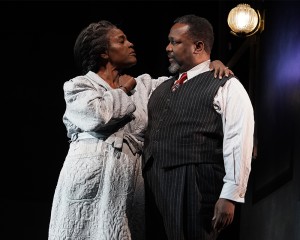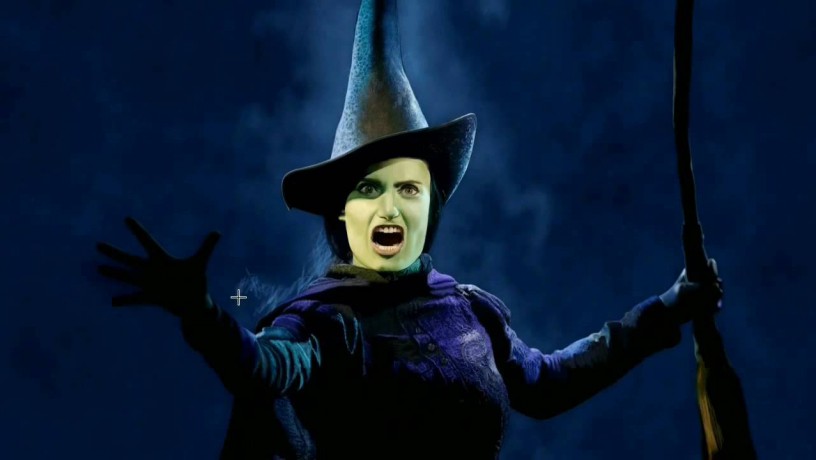Acting is an art that has captivated audiences for generations. Its power to evoke emotion and transport onlookers to another world is undoubtedly a skill admired by many, so it’s no surprise that actors are revered as some of the most influential people in the entertainment industry. To become a successful actor, there are secrets that must be unlocked in order to hone one’s craft and reach professional heights.
Preparation
As an actor, you need to not only know your lines but also the motivations behind them. It helps in developing a more layered performance if you understand why your character says or does something instead of merely going through the motions mechanically. Preparation also includes researching the period and observing real people who are similar to your character in order to be more authentic.
You may also work with a director, other actors and a dialect coach to perfect your craft. Additionally, you may take physical lessons, such as sword fighting or voice lessons.
Embrace Improvisation
I’m not talking about improv as you know it. I’m talking about being able to handle unforeseen circumstances like technical difficulties during a live performance.
 Sharon D Clarke and Wendell Pierce in Death of a Salesman on Broadway
Sharon D Clarke and Wendell Pierce in Death of a Salesman on Broadway
You may have heard about the unruly theater audience guest who started screaming during the middle of the show Death of a Salesman. The show’s star, Wendell Pierce, handled the situation with grace, but really – when you decided to become an actor, did you really think about how one day you may be put in danger?
This was the case with Idina Menzel who played Elphaba in Wicked. She broke a rib after falling through a trap door. (You may recognize Idina Menzel as the voice of Elsa in Walt Disney’s animated film Frozen.)
As for what I call creative improv, I’ve been involved in theater since I was a young child and embracing improvisation has become second nature to me. I find that when I’m free to improvise, it helps me become more creative and comfortable with my performance. When the script calls for improvisation, the challenge of coming up with something spontaneously on the spot can be exciting. It gives me the opportunity to explore new characters or scenarios that may otherwise not come out without some level of spontaneity.
For me, improvisation is about finding moments of discovery within a scene or story. It allows for unexpected surprises which can lead to unique plot points or personal growth for my character. By taking risks and going into uncharted territory, it forces me to think quickly on my feet while also being mindful of how my decisions impact the overall narrative of a production.
Of course, take everything I said up there with a grain of salt. Always discuss “improv surprises” with your director first. Some directors will be fine with it, others may want you to keep to their vision.
Presence and Connection
Presence and connection with one’s fellow actors is super important in the casting world. Once you get through the initial audition, you may be brought in for a “chemistry test” with other actors that are being considered for the production.
A chemistry test, also known as a chemistry read or chemistry audition, is a process used in casting where you’re brought in to read or perform scenes with other actors to test your chemistry and compatibility. This is done to see how well the actors you work together and if you have the right dynamic.
During a chemistry test, you’ll be given a scene or scenes from the script and will be asked to perform it with other actors who are being considered for the same or other roles. The casting director, director and producer will observe you as you perform and take note of how well you work together, your body language and how you interpret the characters.
You may also be asked to do some improvisation to see how creative you can be and how you react in unexpected situations.
It’s worth noting that some chemistry tests are done virtually, so you should be on the up-and-up regarding which apps and software you’ll need on your computer and/or phone.
Understanding the Fundamentals of Technique
Understanding the fundamentals of technique is something you should not take lightly. Acting requires a level of technical skill, emotional intelligence and creative imagination. Learning how to use your body effectively will help you convey emotions more effectively through movement, gesture and facial expressions. It’s also essential to understand the basics of vocal production such as breath support and diction in order to create a believable performance.
Here’s a breakdown of techniques you should familiarize yourself with:
-
Method acting: A technique developed by Lee Strasberg, which involves using personal experiences to connect emotionally with a character and fully inhabit the role.
-
Meisner technique: Developed by Sanford Meisner, this technique focuses on the use of repetition exercises to develop an actor’s ability to respond truthfully in the moment.
-
Stanislavski’s system: Also known as the “system,” this technique developed by Konstantin Stanislavski, emphasizes the use of an actor’s imagination and emotions to create a believable and truthful performance.
-
Physical acting: This technique involves the use of your body, voice and movement to create a character and convey emotions.
-
Improvisation: How to react in the moment, create characters and scenarios on the spot and think on your feet.
-
Voice and Speech: How to use your voice to communicate emotions, convey a character’s background or accent and to project your voice to be heard clearly in a theater.
-
Script analysis: How to break down a script, understand the context and historical background of the play and to develop a character’s motivations, backstory and mannerisms.
-
Auditioning: You’ll learn how to present yourself, how to read for a part and how to handle rejection.
Above are some of the techniques you may learn, but the specific techniques you choose to focus on will depend on your individual needs and preferences and the guidance of your acting coach.
Be Emotionally Aware
It’s important to be emotionally aware while performing. This involves being able to access inner emotions quickly so they can be expressed freely in line with the story being told.
Having Confidence
You want to embody the character you’re portraying, so it takes courage for you to really let go and commit to the performance.
The six secrets of acting are a great start to becoming a successful actor. By understanding the principles of dramatic action, personalizing characters, finding the balance between realism and performance, using improvisation to your advantage, mastering physicality and connecting with an audience, you can take your acting skills to the next level. As you begin to explore these secrets of acting further and apply them in your practice, you can unlock the door to success.







